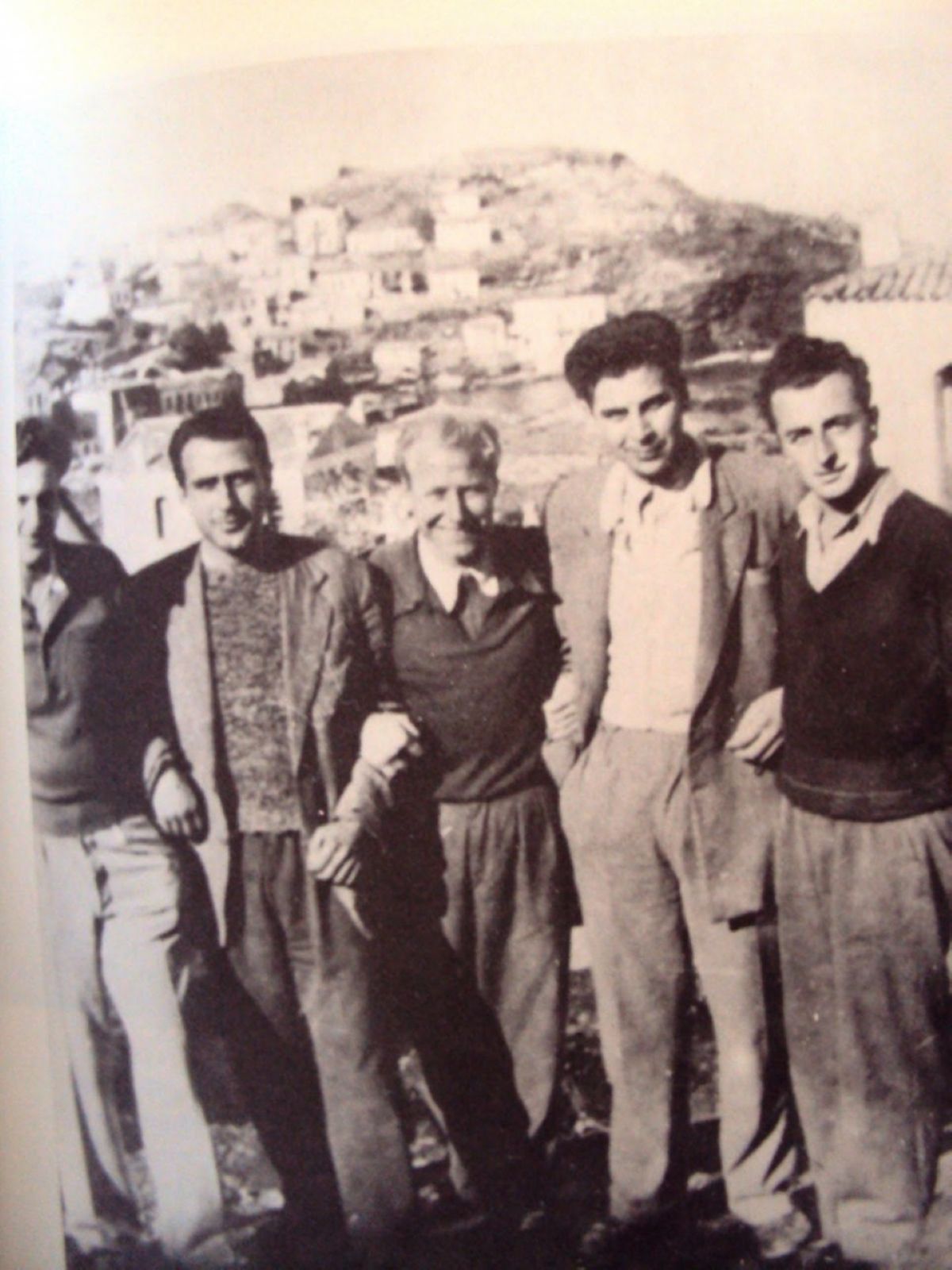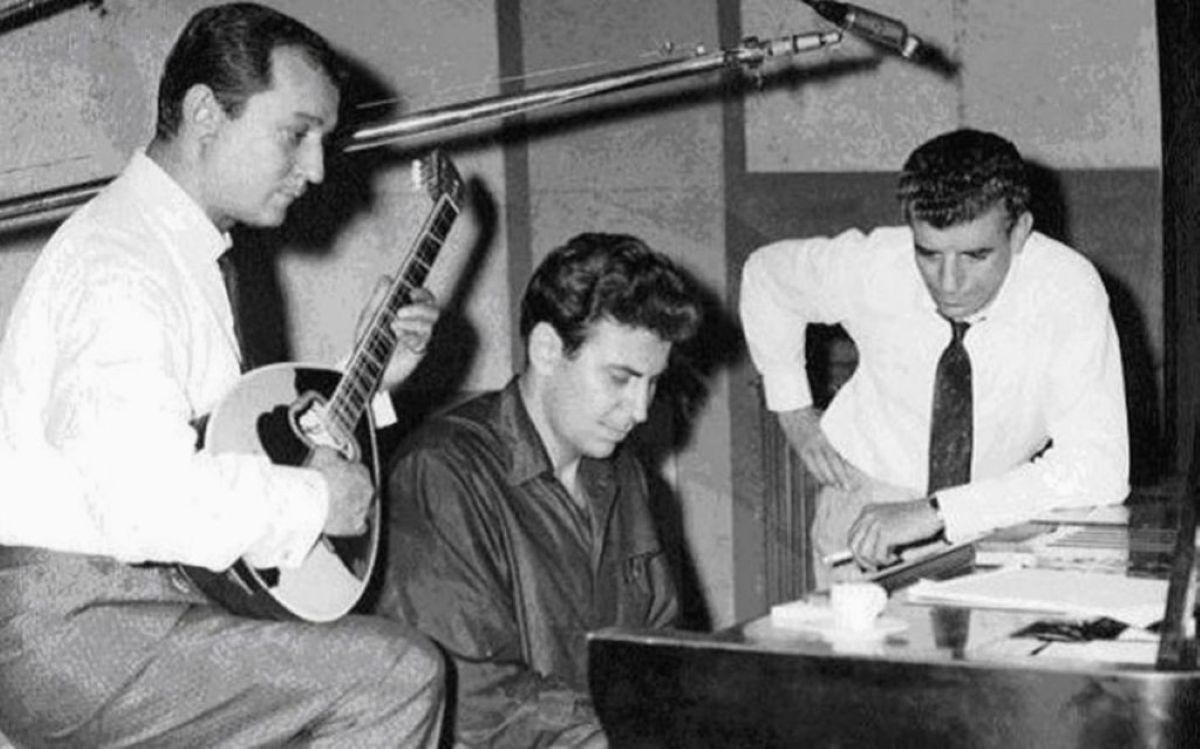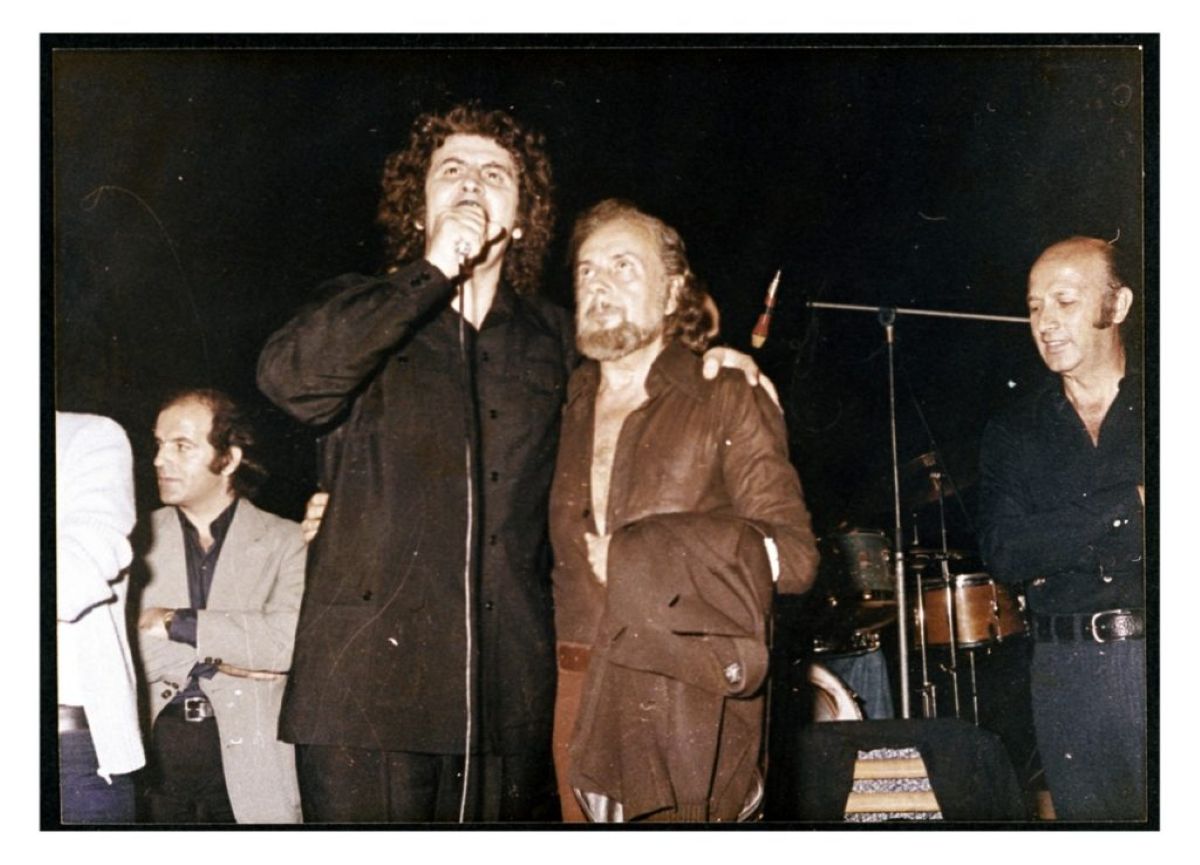This year marks 100 years since the birth of the great Greek composer Mikis Theodorakis, a towering figure whose life was interwoven with the music and struggles of the 20th and early 21st centuries. From the 1940s until his passing, Theodorakis built a world of his own—both musical and social—open to all who fought for freedom, whether personal or collective.
Music as a Philosophy of Freedom
To Theodorakis, music was more than art—it was a vehicle for expressing human experience and understanding humanity’s place in the cosmos. He rooted his musical theory in Greek tradition, viewing it as a reflection of the people’s soul and history.
Throughout his life, he stood firmly with the oppressed—regardless of nationality—from the days of Nazi Occupation to his final breath. At the heart of his worldview was a single guiding principle: freedom.

A Lifelong Bond with the Communist Party
Theodorakis’s life was closely tied to the Greek Communist Party (KKE), despite some ideological differences over the years. At a 2015 KKE event marking his 90th birthday, he said:
“The most powerful and beautiful years of my life were spent within the ranks of the KKE.”
He reflected on key moments of resistance—the National Liberation Front, the Civil War, post-war persecution, exile, the junta years, his KKE-backed mayoral candidacy, and his later election as an MP in the 1980s.
First Concert and First Arrest
At just 17, Theodorakis gave his first concert, presenting his work Kassiani. That same year, 1943, he was arrested and tortured by the Italians after taking part in a massive anti-occupation protest on March 25.
He fled to Athens, joined the resistance, and continued his musical studies at the Athens Conservatory.
But after the war came civil conflict, and due to his progressive ideals, he was arrested and exiled first to Ikaria and then to the infamous Makronisos island prison camp. In 1950, he graduated with diplomas in harmony, counterpoint, and fugue.

Years in Paris and Early International Recognition
In 1954, Mikis Theodorakis received a scholarship to study at the Paris Conservatoire. Between 1954 and 1960, he was active in Europe’s music scene, composing for ballet and film. In 1957, he won first prize at the Moscow Festival for his Suite No. 1 for Piano and Orchestra.
Return to Greece and the Turn Toward Popular Song
In 1960, Theodorakis returned to Greece, having already set Yannis Ritsos’s Epitaphios to music—a landmark moment marking his shift toward popular song. He composed dozens of song cycles that resonated deeply with the Greek people. He founded the Athens Little Symphony Orchestra, aiming to bring symphonic music closer to everyday audiences.
Resistance During the Dictatorship
When the military junta seized power in April 1967, Theodorakis went underground. Just two days later, he called for resistance. In May, he co-founded the first anti-junta organization, the Patriotic Front (PAM), and became its president.
Arrested in August 1967, he continued to compose in prison. His new works, smuggled abroad, were performed by artists like Maria Farantouri and Melina Mercouri, becoming anthems of resistance. International outcry followed, with figures such as Arthur Miller, Laurence Olivier, and Yves Montand forming committees for his release. Under pressure, the regime freed him, and he arrived in Paris in April 1970.
Global Voice Against Oppression
From exile, Theodorakis toured the world, using his concerts as platforms for protest—not just against the Greek junta, but also in solidarity with oppressed peoples: Spaniards, Portuguese, Kurds, Chileans, Palestinians, and others.

Post-Junta Greece: Politics and Culture
Following the junta’s fall in 1974, Theodorakis returned to Greece, continuing his dual role as composer and public figure. He held elected office, first as an MP (1981–86, 1989–92), and later served as Minister of State (1990–92), though he eventually resigned from each post.
In 1976, he founded the “Culture of Peace” movement, traveling the country giving concerts and lectures. In 1983, he was awarded the Lenin Peace Prize.
Champion of Human Rights
In 1990, he toured Europe under the auspices of Amnesty International, giving 36 concerts. He continued to perform for causes including solar energy, anti-illiteracy campaigns, and drug prevention.
His later works included the operas Electra (1995) and Antigone (1999), while he remained vocal on global issues—Greek-Turkish solidarity after earthquakes, NATO bombings in Yugoslavia, and the wars in Afghanistan and Iraq.

A Nobel Peace Prize Nomination and a Life of Influence
In 2000, Mikis Theodorakis was nominated for the Nobel Peace Prize, with strong backing from the political and intellectual leaders of Greece and Cyprus, while letters of support poured into the Nobel Committee in Norway from around the world.
A towering musical figure, Theodorakis composed in a wide range of genres, from operas and symphonies to chamber music, oratorios, ballets, and sacred choral works. His music accompanied ancient dramas, theater, and film, while he also shaped the Greek art song and bridged folk and classical traditions.
Mikis Theodorakis passed away on September 2, 2021, at the age of 96. His legacy—musical, literary, and political—remains deeply embedded in the cultural memory of Greece and the world.







